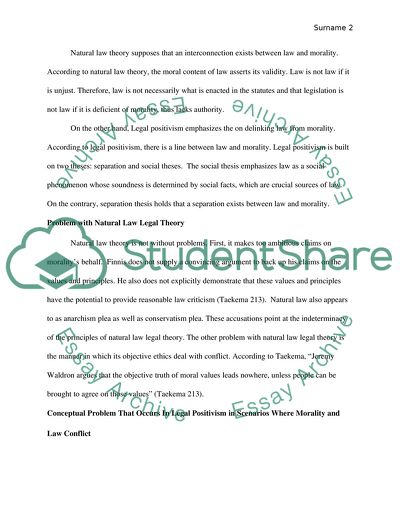Cite this document
(The Pursuit for a More Universal Definition of Justice Essay Example | Topics and Well Written Essays - 1750 words, n.d.)
The Pursuit for a More Universal Definition of Justice Essay Example | Topics and Well Written Essays - 1750 words. https://studentshare.org/philosophy/1630687-the-pursuit-for-a-more-universal-definition-of-justice
The Pursuit for a More Universal Definition of Justice Essay Example | Topics and Well Written Essays - 1750 words. https://studentshare.org/philosophy/1630687-the-pursuit-for-a-more-universal-definition-of-justice
(The Pursuit for a More Universal Definition of Justice Essay Example | Topics and Well Written Essays - 1750 Words)
The Pursuit for a More Universal Definition of Justice Essay Example | Topics and Well Written Essays - 1750 Words. https://studentshare.org/philosophy/1630687-the-pursuit-for-a-more-universal-definition-of-justice.
The Pursuit for a More Universal Definition of Justice Essay Example | Topics and Well Written Essays - 1750 Words. https://studentshare.org/philosophy/1630687-the-pursuit-for-a-more-universal-definition-of-justice.
“The Pursuit for a More Universal Definition of Justice Essay Example | Topics and Well Written Essays - 1750 Words”. https://studentshare.org/philosophy/1630687-the-pursuit-for-a-more-universal-definition-of-justice.


